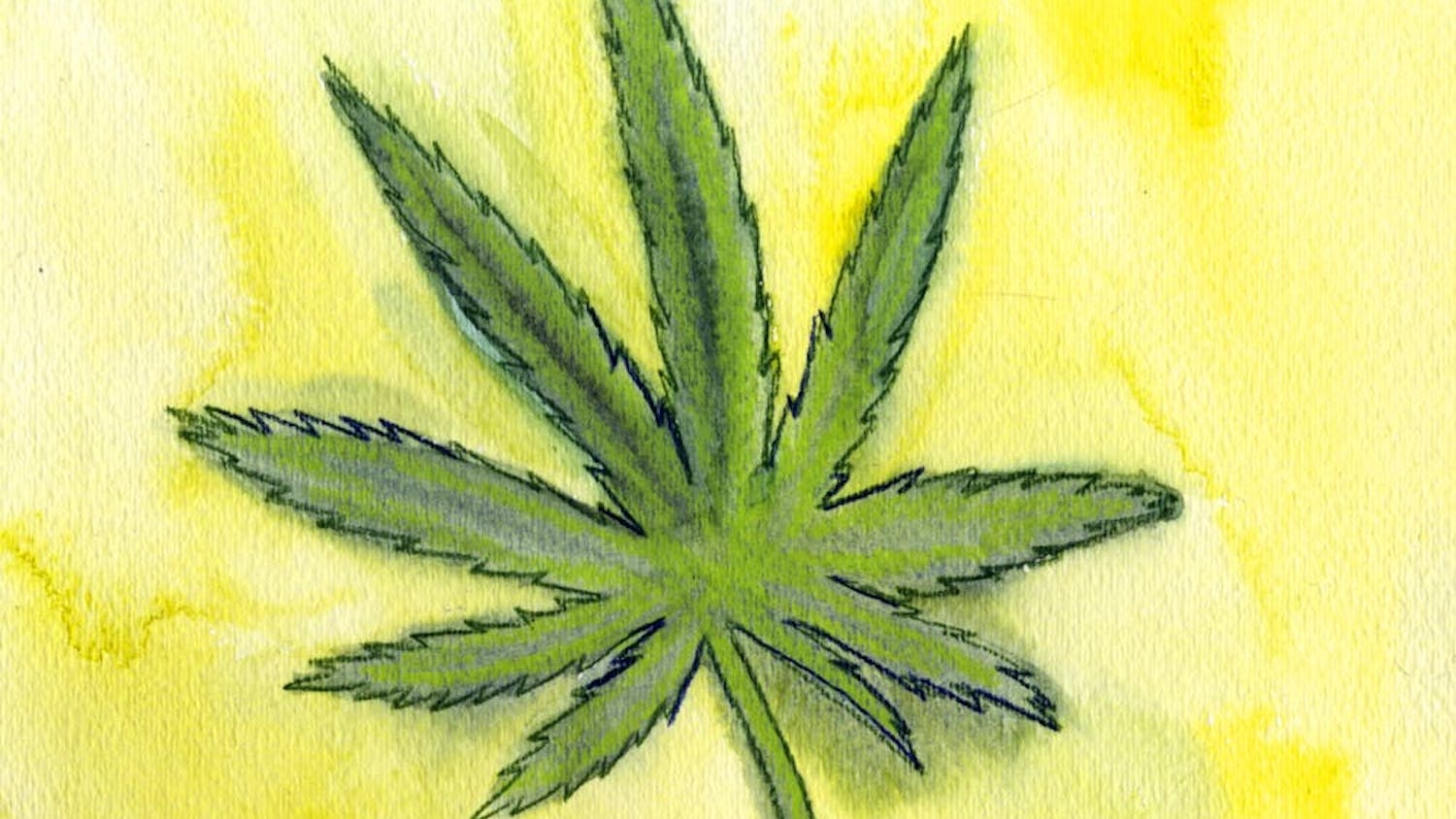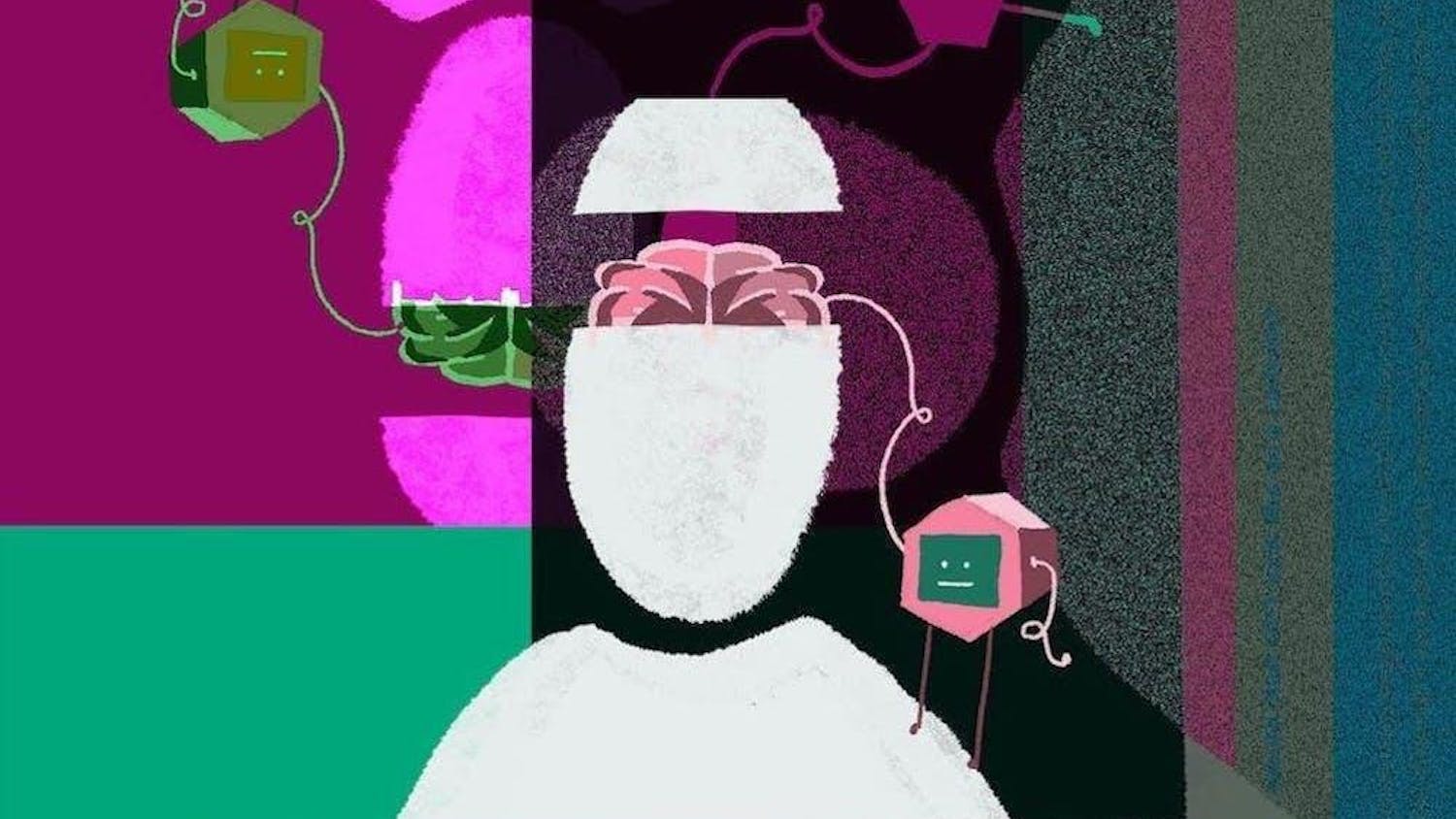The Ocean State is blowing the nation away, as it was recently ranked the state with the most marijuana use. According to the latest statistics from the National Survey on Drug Use and Health, 13 percent of Rhode Island citizens over the age of 12 have used marijuana in the past month — almost double the national average of 7 percent.
This statistic could put the state at risk for more health problems, said Robert Miranda P’04, associate professor of psychiatry and human behavior for research.
Miranda, who works at the Center for Alcohol and Addiction Studies at Brown, focuses his research on maximizing the effects of psychosocial addiction interventions by coupling them with medication.
Excessive marijuana use can detrimentally affect one’s health by impairing memory, motor coordination and learning ability, all in the short term, Miranda said. It also has the potential to hinder brain development in those under the age of 21, he said, adding that frequent marijuana users tend to find it more difficult to “get pleasure from day-to-day activities.”
Marijuana use slows cognitive processes, Miranda said. “The cognitive effects continue for several days after you come down from being high,” he said. Though students often believe otherwise, marijuana can be associated with addiction, he added.
But on Brown’s campus, many students said they have not seen noticeable changes in their health or academic performance as a result of their marijuana use.
Carl ’16, who smokes almost every day, said marijuana has helped him find more creativity in his academic settings. “Marijuana use has pushed me to look for more interdisciplinary connections between subjects,” said Carl, whose name — like those of all the students interviewed for this article — has been changed to maintain anonymity. His interest in the field of bioethics was facilitated by his use of the drug, he added.
Chet ’16, who smokes every day, says he views marijuana as an “end of the day thing” to help him relax. Marijuana has made no difference in his academic performance, he said. “Last year, I didn’t smoke (marijuana), but my grades haven’t changed at all.”
Student perceptions of marijuana use on college campuses are the focus of research by Gregg Gold, professor of psychology at Humboldt State University. Previous studies have shown that pot exerts negative effects on specific regions of the brain, Gold said. In particular, excessive marijuana use affects the amygdala — the brain’s reward system — resulting in reduced emotional control.
Marijuana use has also been linked to an increased risk of developing debilitative psychoses such as schizophrenia, said Gold. But the causal direction, if any, between psychosis and marijuana use is still unclear, he added.
Smoking too much marijuana can also lead to lung inflammation, Gold said. “It’s a burning product, and there’s stuff in there that isn’t good for your lungs.”
Sebastian ’16 said he stopped smoking after freshman year for health reasons. “I wanted to keep my lungs as healthy as possible, and I noticed that I was experiencing slightly shorter breath (as a result of smoking pot),” he said.
In light of Rhode Island’s ranking as the state with the highest marijuana use, Miranda said he questions what proportion of the statistic is composed of medical marijuana users.
From a medical perspective, marijuana can help people with certain disabilities and illnesses, he said. Medical marijuana can benefit patients undergoing chemotherapy, for example. For these individuals, benefits include increased appetite, reduced nausea and alleviated pain.
Many students interviewed who use marijuana said they do so recreationally and tend to view the drug as a social stimulant and a de-stressor from academics.
“In freshman year, I saw (smoking pot) as a social thing and a great way to make new friends,” Sebastian said, adding that he also smoked pot to relax when he was stressed about school work.
Carl said he enjoys using marijuana as a “social lubricant.” “With marijuana, you’re much more self-aware of your feelings and thoughts, and you’re making connections between things a lot more quickly,” he said, adding that many of the most interesting discussions he has been involved in have occurred while he was high.
Carl also said he uses marijuana as an artistic medium, and it helps him garner enhanced creativity when writing music. Smoking marijuana has made little difference to his health, though it can sometimes take a toll on his singing, he said.
Aside from making him a little tired, Chet said smoking has not affected his health. “It’s a pretty mild drug,” he said. “It can’t really run your life.”
Students said they were not surprised by Rhode Island’s ranking as the state with the highest marijuana use.
“It’s such a stoner state,” Chet said.
But Gold said he was shocked by the statistic. “I could say something really snarky, like what else are you going to do in Rhode Island, but I won’t,” he said.

ADVERTISEMENT




